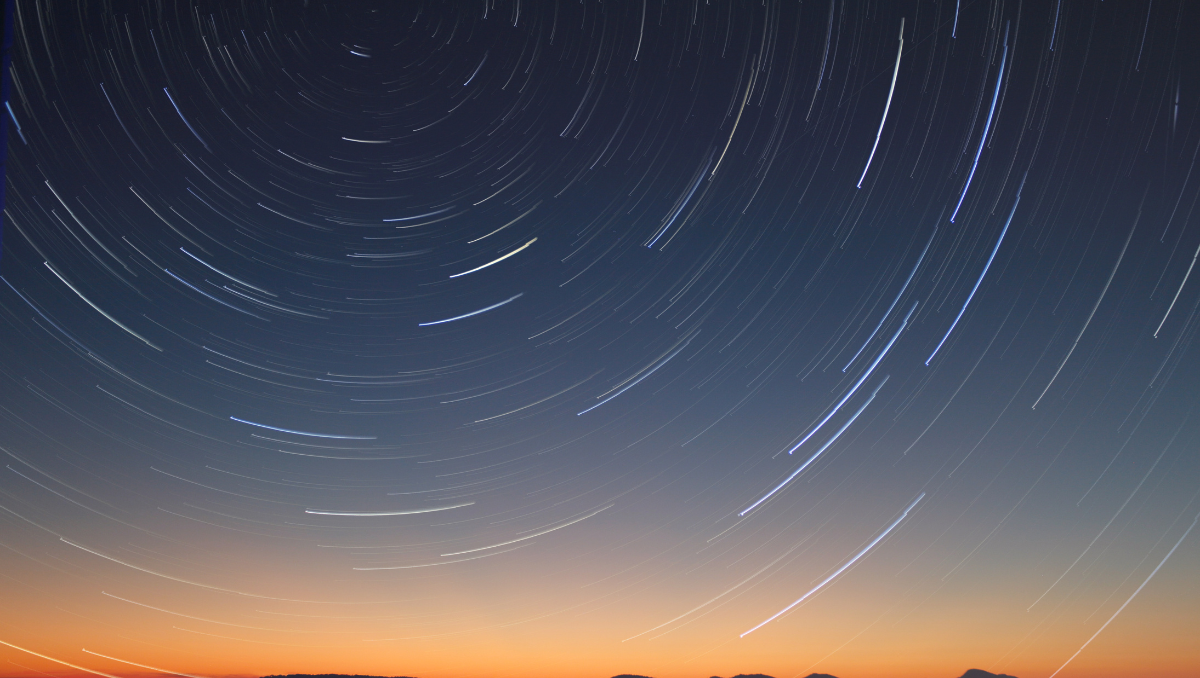A theoretical paper presents a new theory of quantum gravity that aims to bring together quantum physics and Einstein’s relativity to help solve the mystery of the universe’s expansion.
Universe Expansion Puzzle
In 1929, Edwin Hubble made the initial discovery of the universe’s expansion. Galaxies that are farther away from us seem to be moving away at quicker speeds, according to his observations made with the greatest telescope available at the time.
Scientists have discovered in recent decades that various methods of measuring the expansion rate, often known as the Hubble parameter, result in perplexing discrepancies.
Source: vchal/Shutterstock.com
The Quantum Gravity Study
A recent study proposes to incorporate quantum effects into a well-known theory that is used to calculate the expansion rate in order to address this conundrum.
The Hubble parameter value obtained by the more recent approach was nearly 10% less than the value inferred from the astronomical observations of far-off cosmic objects. These disparities between various measurements, known as the Hubble tension, indicate possible weaknesses in our comprehension of the evolution of the universe.
A solution to align these inconsistent results was offered by Suresh and his University of Hyderabad colleague B. Anupama in a work published in the journal Classical and Quantum Gravity. They emphasized that physicists use the evolutionary model of our cosmos, which is based on Einstein’s theory of general relativity, to indirectly infer the Hubble parameter.
A new theory of quantum gravity could help explain why more distant galaxies seem to be retreating faster than nearer ones. Image credit: NASA/JPL-Caltech/UCLA
The group made the case for changing this theory to take quantum effects into account. These phenomena, which are inherent to fundamental interactions, include oscillations in random fields and the impulsive production of particles from the vacuum of space.
Although quantum effects can be incorporated into other sciences’ ideas, quantum gravity is still a mystery that makes precise calculations nearly hard. Even worse, in order to conduct experimental research on these phenomena, temperatures or energies that are many orders of magnitude higher than those that can be achieved in a lab must be reached.
Recognizing these difficulties, Suresh and Anupama concentrated on general quantum-gravity phenomena found in a wide range of theories.
A theoretical investigation by the team showed that taking quantum effects into account when characterizing the gravitational interactions in the cosmic inflationary era of the universe’s expansion could change the theory’s predictions about the current properties of the microwave background, reconciling the two kinds of Hubble parameter measurements.
According to the team, the connection between quantum gravitational effects and the cosmic microwave background makes it possible to investigate these effects experimentally in the near future.
The authors also suggest that the characteristics of gravitational waves released in the early cosmos could have been influenced by quantum gravitational phenomena. Future gravitational-wave observatories may be able to detect these waves, which could shed more light on quantum gravitational properties.
“We tried to resolve and explain the mismatch between the values of the Hubble parameter from two different prominent types of observations”
“Our equation doesn’t need to account for everything, but that does not prevent us from testing quantum gravity or its effects experimentally”
“Quantum gravity is supposed to play a role in the dynamics of the early universe; thus its effect can be observed through measurements of the properties of the cosmic microwave background”
“Some of the future missions devoted to studying this electromagnetic background are highly probable and promising to test quantum gravity. … It provides a promising suggestion to resolve and validate the inflationary models of cosmology in conjunction with quantum gravity.”
“Gravitational waves from various astrophysical sources have only been observed so far, but gravitational waves from the early universe have not yet been detected. Hopefully, our work will help in identifying the correct inflationary model and detecting the primordial gravitational waves with quantum gravity features.”
Study co-Author Dr P K Suresh, a professor of physics at the University of Hyderabad in India, told Live Science via email.
